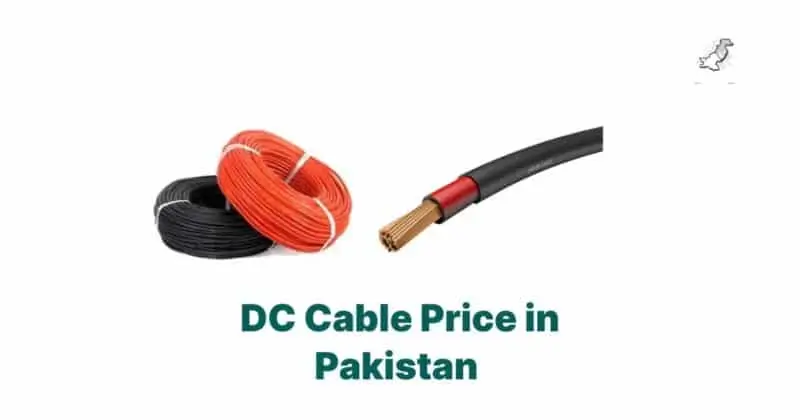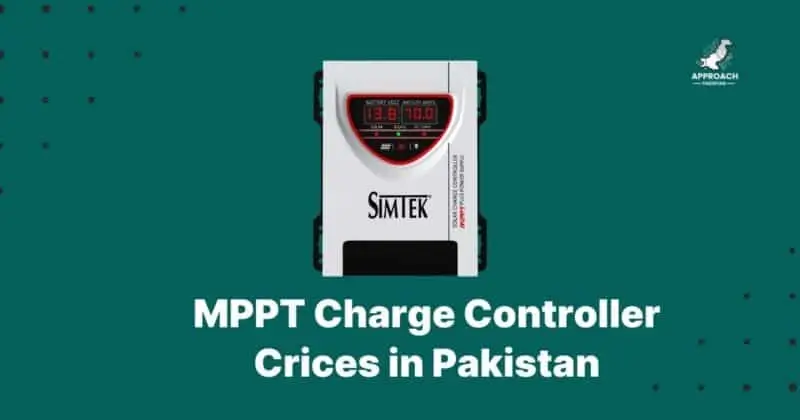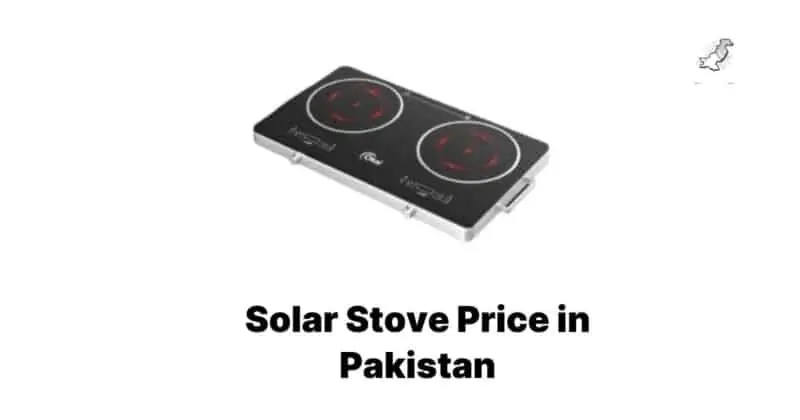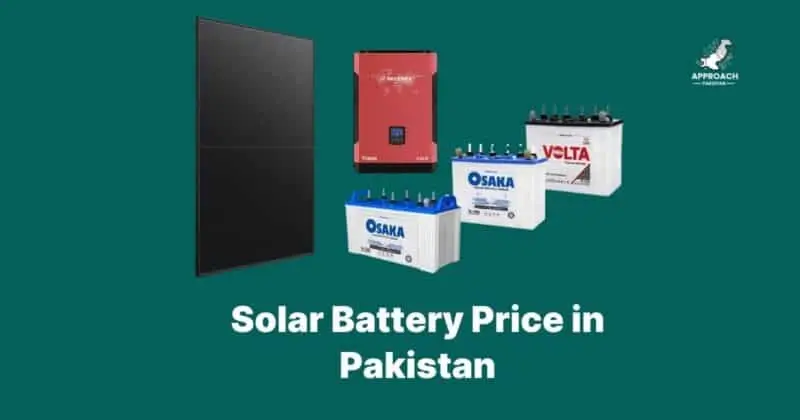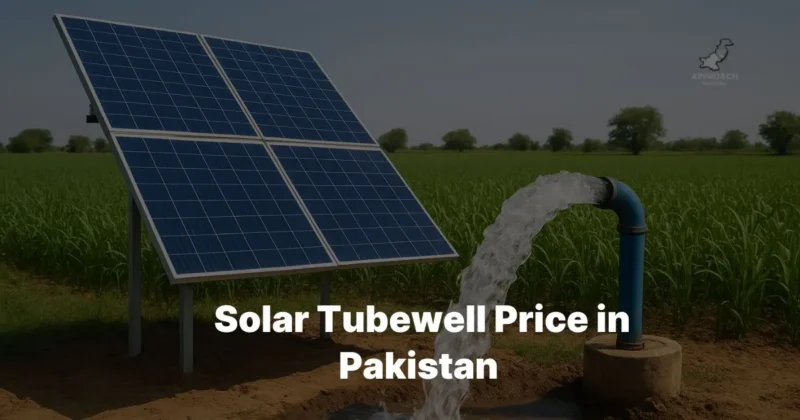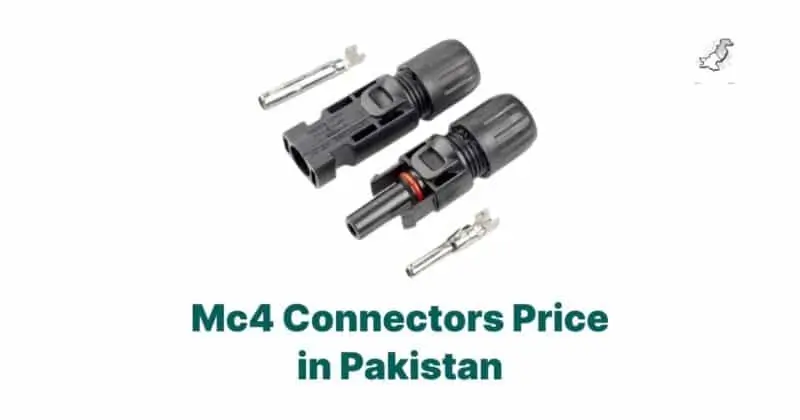Solar Tubewell Carport Price in Pakistan | Complete 2025 Guide
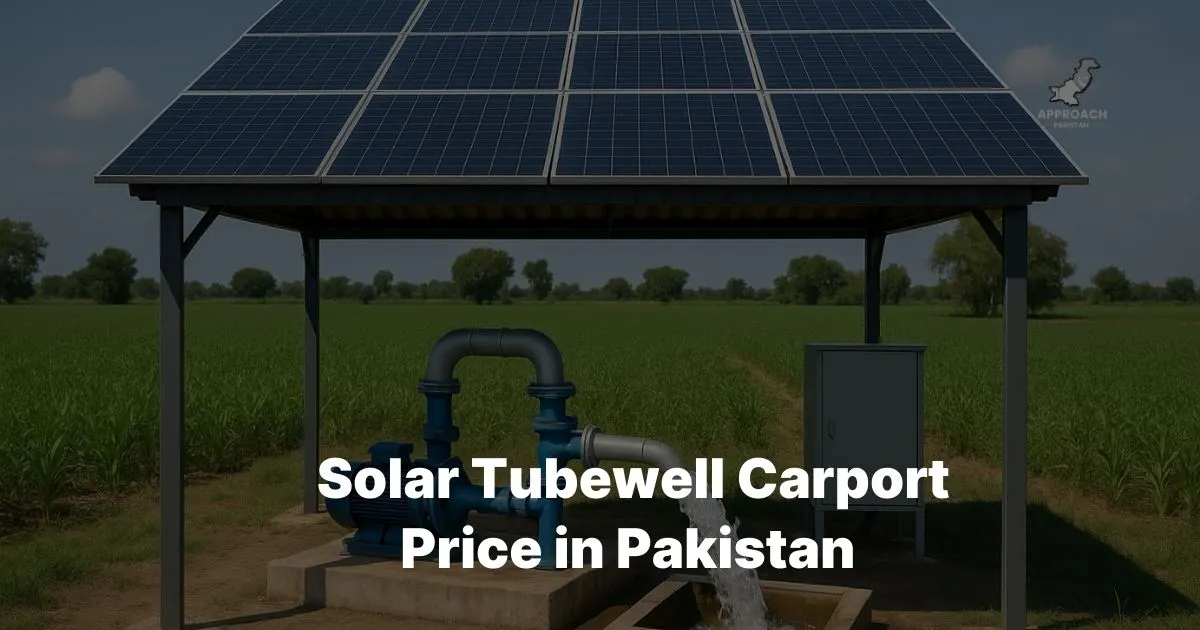
Solar tubewell carport systems in Pakistan cost between PKR 20,000-35,000 per kW, depending on structure type and installation requirements. Galvanized steel carports offer the best value at PKR 22,000-28,000 per kW, while aluminum structures range from PKR 30,000-35,000 per kW. These dual-purpose systems provide both vehicle shade and electricity generation.
Are you tired of watching your electricity bills climb higher each month? You’re not alone. Pakistani households face mounting pressure from rising energy costs and unpredictable power outages that disrupt daily life.
Solar tubewell carports offer a smart solution. They slash electricity bills by 70-80% while providing reliable shade for your vehicles. No more guessing games with hidden costs or worrying about system performance during monsoon season.
This guide gives you transparent pricing without the sales pitch. You’ll discover the perfect carport size for your needs, understand installation quality standards, and see clear payback calculations. Let’s explore how these systems deliver both energy independence and long-term savings.
Introduction to Solar Carports
Solar carports combine two essential needs: vehicle protection and electricity generation. These structures mount solar panels above parking spaces, creating shaded areas while producing clean energy.
Pakistan’s intense summer heat makes vehicle shade a necessity. Traditional carports only provide protection. Solar carports do double duty – they shield your car from harsh sun while generating power for your home or business.
The technology has matured significantly. Modern systems withstand Pakistan’s challenging weather conditions, from scorching summers to heavy monsoons. Installation costs have dropped 40% since 2020, making them accessible to middle-class families.
What is a Solar Galvanized Structure?
Solar galvanized structures use zinc-coated steel frames that resist corrosion for 25+ years. The galvanization process bonds zinc to steel at 450°C, creating a protective barrier against rust and weather damage. This makes them ideal for Pakistan’s humid coastal areas and monsoon-prone regions.
Hot-dip Galvanizing Explained
Hot-dip galvanizing involves dipping steel components in molten zinc. The process creates multiple protective layers that self-heal when scratched. This means your carport structure maintains its integrity even with minor damage.
The zinc coating thickness typically ranges from 50-85 microns. Thicker coatings provide better protection but increase costs. Most Pakistani manufacturers use 65-micron coating as the sweet spot between durability and affordability.
Quality galvanizing prevents the red rust that destroys unprotected steel. Your investment stays protected for decades, not years.
Steel Types: Aluminum vs. Galvanized vs. Stainless
Each material offers distinct advantages:
Galvanized Steel:
- Cost: PKR 22,000-28,000 per kW
- Lifespan: 25+ years
- Maintenance: Minimal
- Best for: Budget-conscious buyers seeking durability
Aluminum:
- Cost: PKR 30,000-35,000 per kW
- Lifespan: 30+ years
- Maintenance: Almost none
- Best for: Coastal areas with high salt exposure
Stainless Steel:
- Best for: Premium installations requiring maximum longevity
- Cost: PKR 35,000-42,000 per kW
- Lifespan: 40+ years
- Maintenance: None
Types of Solar Carport Structures
Rooftop Mounts
Rooftop-mounted carports attach to existing building structures, reducing foundation costs by 30-40%. They’re ideal for commercial buildings with adjacent parking areas. Installation costs range from PKR 18,000-25,000 per kW due to simplified mounting requirements.
These systems work best when you have a suitable building nearby. The existing structure handles most structural loads. You only need additional supports for the carport extension.
Building codes require structural assessments before installation. Most commercial buildings can support these systems without modifications. Residential buildings may need reinforcement.
Ground-Mounted Systems
Ground-mounted carports stand independently on concrete foundations. They offer maximum flexibility in design and placement. Installation costs range from PKR 22,000-30,000 per kW including foundation work.
Foundation requirements depend on local soil conditions. Sandy soils need deeper foundations than clay-rich areas. Engineers calculate exact specifications based on wind loads and soil tests.
These systems work anywhere you have available land. They don’t depend on existing structures. You can optimize panel angles for maximum electricity generation.
Pole-Mounted & Elevated Carports
Pole-mounted carports use fewer support points, creating more open parking spaces. They cost PKR 25,000-32,000 per kW due to specialized engineering requirements. These systems work well in areas with limited space or drainage concerns.
Elevated designs provide better flood protection. They’re essential in areas prone to waterlogging during monsoons. The higher clearance also improves air circulation around parked vehicles.
Engineering complexity increases with elevation. Taller structures need stronger foundations and more wind-resistant designs. Professional installation becomes critical for safety and performance.
Tracking vs. Fixed-Tilt Carports
Fixed-tilt carports mount panels at a static angle, typically 30-35 degrees for Pakistan’s latitude. They’re simpler and more reliable with lower maintenance needs.
Tracking systems follow the sun’s path, increasing electricity generation by 15-25%. However, they add PKR 8,000-12,000 per kW to installation costs. Moving parts require regular maintenance and replacement.
For most Pakistani applications, fixed-tilt systems provide better value. The extra electricity from tracking rarely justifies the additional cost and complexity.
Benefits of Solar Carports
Durability & Corrosion Resistance
Hot-dip galvanized structures withstand Pakistan’s harsh climate conditions. The zinc coating protects against humidity, salt air, and acid rain. Most manufacturers offer 15-20 year structural warranties.
Proper galvanizing prevents the rust problems that plague other metal structures. Your carport maintains its appearance and strength throughout its lifespan. This protects your investment and property value.
Regular inspections can extend lifespan beyond 25 years. Simple maintenance like cleaning and touch-up painting keeps the structure looking new. The low maintenance requirements reduce long-term ownership costs.
Dual Utility: Shade + Electricity
Solar carports solve two problems with one solution. They protect vehicles from sun damage while generating clean electricity. This dual purpose maximizes your return on investment.
Vehicle protection extends paint life and reduces interior heat buildup. Your car stays cooler, reducing air conditioning loads when driving. This creates additional energy savings beyond direct electricity generation.
The shade also creates comfortable outdoor spaces. You can use the area for maintenance, storage, or outdoor activities. This functional space adds value to your property.
Financial Returns & Net Metering
Net metering allows you to sell excess electricity back to the grid at retail rates. A 5kW carport system can generate 600-700 units monthly, potentially eliminating your electricity bill entirely. With current tariffs, this represents PKR 15,000-20,000 in monthly savings.
Payback periods typically range from 4-6 years depending on system size and electricity usage. After payback, you enjoy 15-20 years of free electricity. This represents total savings of PKR 2-3 million over the system’s lifetime.
To maximize your solar investment returns, explore our complete net metering guide that explains how to sell excess electricity back to the grid and understand how grid-tie systems work in Pakistan for optimal financial benefits.
Cost & Pricing Overview
Price per kW by Structure Type
| Structure Type | Price Range (PKR/kW) | Installation Cost | Total Cost |
| Galvanized Steel | 22,000-28,000 | 8,000-12,000 | 30,000-40,000 |
| Aluminum | 30,000-35,000 | 10,000-15,000 | 40,000-50,000 |
| Stainless Steel | 35,000-42,000 | 12,000-18,000 | 47,000-60,000 |
Carport vs. Rooftop vs. Pole Mounts
Carport systems cost 15-25% more than rooftop installations but provide additional benefits like vehicle protection and flexible placement. The extra cost often justifies itself through dual utility and improved aesthetics.
Rooftop systems remain the most economical option at PKR 18,000-25,000 per kW. However, they require suitable roof conditions and may limit future roof modifications.
Pole-mounted systems offer maximum flexibility but carry the highest costs. They work well for commercial applications where appearance and functionality matter most.
Price Ranges in Pakistan (PKR 20k-35k per kW)
Entry-level systems start around PKR 20,000 per kW for basic galvanized structures. Mid-range options with better materials and engineering cost PKR 25,000-30,000 per kW.
Premium systems with aluminum construction and advanced features reach PKR 35,000 per kW. These systems target customers prioritizing longevity and minimal maintenance.
Regional price variations exist based on transportation costs and local competition. Urban areas typically have more competitive pricing than remote locations.
Key Cost Drivers for Solar Tubewell Carport
Raw Materials (Steel, Zinc)
Steel prices fluctuate based on global commodity markets. Recent increases have added 10-15% to structure costs. Zinc prices also affect galvanizing costs, though they represent a smaller portion of total expenses.
Local steel production helps control costs compared to imported materials. Pakistani manufacturers can source most structural steel domestically. This reduces currency exchange risk and transportation costs.
Material quality directly impacts longevity and performance. Cheaper steel may save money initially but could require replacement sooner. Quality materials provide better long-term value.
Manufacturing & Engineering
Professional engineering adds PKR 2,000-4,000 per kW but ensures proper wind load calculations and structural integrity. This investment prevents costly failures and ensures warranty compliance.
Custom designs cost more than standard layouts. However, they optimize space usage and improve aesthetics. The extra engineering cost often provides better long-term value.
Manufacturing scale affects pricing. Larger orders receive better per-unit pricing. Group purchases with neighbors can reduce individual costs.
Installation & Labor
Skilled installers command higher rates but deliver better results. Professional installation costs PKR 8,000-15,000 per kW depending on complexity. This includes foundation work, structural assembly, and electrical connections.
Foundation work represents 30-40% of installation costs. Soil conditions significantly impact foundation requirements. Rocky or unstable soils increase excavation and concrete costs.
Electrical work must comply with local codes and utility requirements. Licensed electricians ensure proper connections and safety compliance. This protects your investment and ensures warranty coverage.
Transportation & Logistics
Structure components are bulky and heavy. Transportation costs vary by distance from manufacturing facilities. Local suppliers offer advantages in shipping costs and delivery times.
Remote locations face higher transportation costs. Factor these expenses into your budget planning. Sometimes local fabrication costs less than shipping from distant manufacturers.
Delivery coordination affects installation scheduling. Ensure adequate site access for delivery trucks. Poor access can increase handling costs and delay project completion.
Materials & Quality Comparison
Aluminum vs. Galvanized vs. Stainless
Galvanized steel offers the best balance of cost, durability, and performance for Pakistani conditions. It costs 25-30% less than aluminum while providing 90% of the longevity. The 3-5 year shorter lifespan rarely justifies the higher aluminum cost.
Aluminum excels in coastal environments with high salt exposure. Its natural corrosion resistance eliminates rust concerns. However, it costs significantly more and offers marginal benefits in most inland applications.
Stainless steel provides maximum longevity but at premium prices. It’s overkill for most residential applications. Commercial installations with 40+ year planning horizons may justify the extra cost.
Standards & Certifications
Pakistani manufacturers should comply with ASTM galvanizing standards. Look for A653 coating specifications with minimum 610g/m² zinc coverage. This ensures adequate protection for local climate conditions.
Quality certifications indicate manufacturing standards. ISO 9001 certification demonstrates process control and quality management. These standards reduce risk of defective products.
Third-party testing validates material properties. Ask manufacturers for test reports covering tensile strength, coating thickness, and corrosion resistance. Reputable companies provide this documentation readily.
Design Considerations
Flood/Drainage & Wind Load in Pakistan
Pakistan’s monsoon climate requires elevated designs with proper drainage. Minimum 2.5-meter clearance prevents flood damage, while wind load calculations must account for 120+ km/h gusts during storms.
Drainage design prevents water accumulation around foundations. Proper grading directs water away from structures. This prevents erosion and foundation damage during heavy rains.
Wind load calculations vary by location. Coastal areas face higher wind speeds than inland regions. Professional engineers size structures for local conditions. Under-designed structures risk collapse during storms.
Custom Sizes for Parking Lots
Standard carports accommodate 2-4 vehicles. Custom designs handle larger parking areas efficiently. Modular designs allow future expansion as needs grow.
Parking space dimensions affect structure design. Standard Pakistani parking spaces measure 2.5m x 5m. Carport designs should accommodate these dimensions while maximizing panel area.
Vehicle clearance requirements vary by vehicle type. Standard cars need 2.2m minimum clearance. Trucks and buses require 3.5m or more. Design for your specific vehicle mix.
Compatibility with Solar Panels
Structure design must accommodate panel mounting systems. Most carports use rail-based mounting with 50mm spacing. This allows panel removal for maintenance without structural modifications.
Panel weight affects structural requirements. Modern panels weigh 18-22 kg each. Structures must support panel weight plus wind and snow loads. Professional engineering ensures adequate capacity.
Wiring access simplifies maintenance and upgrades. Integrated cable management protects wiring from weather and physical damage. This reduces long-term maintenance costs.
For comprehensive guidance on system integration, see our detailed comparison of solar system types to understand which mounting option provides the best value for your specific situation.
Installation & Maintenance
Setup Steps & Labor Needs
Professional installation takes 3-5 days for residential systems. The process includes foundation work, structure assembly, panel mounting, and electrical connections. Skilled crews handle multiple tasks simultaneously to minimize disruption.
Foundation curing requires 7-14 days before structure installation. Plan accordingly to avoid delays. Weather conditions affect concrete curing times. Hot weather accelerates curing while cold weather slows it.
Electrical connections require licensed electricians. They handle grid connections, metering, and safety systems. Proper electrical work ensures code compliance and utility approval.
Cleaning, Inspections & Lifespan
Regular cleaning maintains optimal performance. Dust and debris reduce electricity generation by 15-20%. Monthly cleaning during dry seasons keeps panels operating efficiently.
Annual inspections identify potential issues early. Check mounting hardware, electrical connections, and structural integrity. Early detection prevents minor problems from becoming major repairs.
Galvanized structures typically last 25+ years with minimal maintenance. Touch-up painting every 10-15 years extends lifespan further. The low maintenance requirements make solar carports ideal for busy property owners.
Proper maintenance extends system life and protects warranties. Document all maintenance activities. This helps with warranty claims and system troubleshooting.
Alternatives & Comparisons
Carport vs. On-Grid Rooftop vs. Off-Grid
Carport systems cost 15-25% more than rooftop installations but provide vehicle protection and aesthetic benefits. The dual utility often justifies the extra cost for property owners prioritizing functionality and appearance.
| System Type | Cost (PKR/kW) | Benefits | Drawbacks |
| Solar Carport | 30,000-40,000 | Dual utility, flexible placement | Higher cost, complex installation |
| Rooftop | 18,000-25,000 | Lower cost, proven technology | Roof limitations, appearance impact |
| Off-Grid | 45,000-60,000 | Complete independence | High battery costs, capacity limits |
Rooftop systems remain the most economical choice for pure electricity generation. However, they require suitable roof conditions and may limit future modifications.
To understand which system type best meets your needs, see our detailed comparison of on-grid vs hybrid systems that explains the pros and cons of each approach for Pakistani conditions.
Hybrid Carport Systems
Hybrid carports combine grid-tie capability with battery backup. They cost PKR 40,000-55,000 per kW but provide power during outages. This makes them ideal for areas with unreliable grid supply.
Battery backup adds significant cost but provides energy security. Modern lithium batteries last 8-10 years with minimal maintenance. Factor replacement costs into long-term planning.
Hybrid systems require more complex electrical designs. They need transfer switches, charge controllers, and battery management systems. Professional installation becomes even more critical.
For comprehensive analysis of hybrid options, explore our hybrid solar system benefits and pricing guide that explains how these systems combine grid-tie and backup power capabilities.
Conclusion & Next Steps
Solar carports represent smart investment for Pakistani property owners. They provide dual benefits of vehicle protection and electricity generation while delivering 70-80% reduction in electricity bills.
Bottom Line: Galvanized steel carports at PKR 30,000-40,000 per kW offer the best value for most applications. They pay for themselves in 4-6 years and provide 20+ years of free electricity.
Buyer’s Checklist:
✓ Calculate your electricity needs (5kW suits most homes) ✓ Assess site conditions (drainage, wind exposure, soil type) ✓ Compare material options (galvanized steel recommended) ✓ Verify installer credentials and warranties ✓ Explore SBP financing and provincial grants ✓ Plan for net metering connection ✓ Budget for annual maintenance costs
Ready to start your solar journey? Get quotes from certified installers and compare financing options. The sooner you install, the sooner you start saving.

